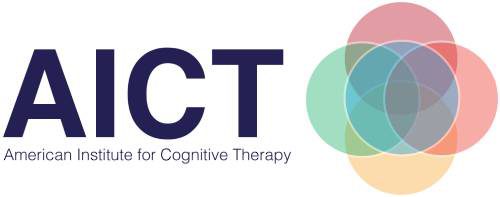Children, Adolescents, & Young Adults
Emotional problems in children and teenagers are quite common, occurring in about one quarter of children in any given year. Many children and teens encounter stressful events that may lead them to need short-term intervention. A death in the family, divorce, and anxiety about school or friendships respond well to short-term cognitive-behavioral therapy (CBT). CBT is also effective for treating more severe symptoms that significantly impact functioning at home and in school.
Research studies conducted over the last fifty years have consistently shown how effective CBT is at addressing many mental health and life problems. CBT for children and teens focuses on helping them build important skills for meeting all kinds of life challenges. These skills are aimed at helping children and teens act more effectively (the behavioral part of CBT) and think more effectively (the cognitive part of CBT). Our clients learn skills for being successful in school, getting along with their peers, and managing the stress of a demanding and often confusing modern life.
At AICT, our child and adolescent specialists provide individual therapy and family therapy for children (ages 4-12), teens (ages 13-18), and their families. When necessary, we also provide short-term parent skills training and support for parents having difficulty managing behavior in the home. All treatment is evidence-based, which means that the treatment models we use have been repeatedly tested in research and clinical settings, and have been found to be effective in improving the problems they’re designed to treat. Our licensed clinical psychologists are extensively trained in CBT, Trauma-Focused CBT, parent skills training, family therapy, and Dialectical Behavior Therapy (DBT).
Problems we treat at AICT:
- Anxiety Disorders such as generalized anxiety disorder, social anxiety disorder, separation anxiety disorder, and specific phobias
- Attention-Deficit/Hyperactivity Disorder
- Behavior Problems including temper tantrums, physical aggression, and noncompliance
- Coming out issues
- Depression
- Eating Disorders such as Anorexia Nervosa, Bulimia Nervosa, and Binge-Eating Disorder
- Enuresis and encopresis
- Disorders related to significant life stressors (divorce, death of a loved one)
- Insomnia, nightmares, and night terrors
- Obsessive–Compulsive Disorder and related disorders, such as Body Dysmorphic Disorder, hair-pulling, and skin-picking
- Post-traumatic stress disorder
- Problems related to adoption
- School refusal
- Suicidality and self-harm
